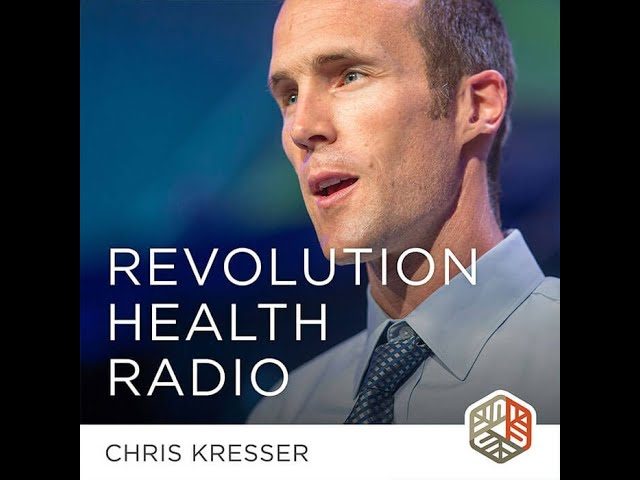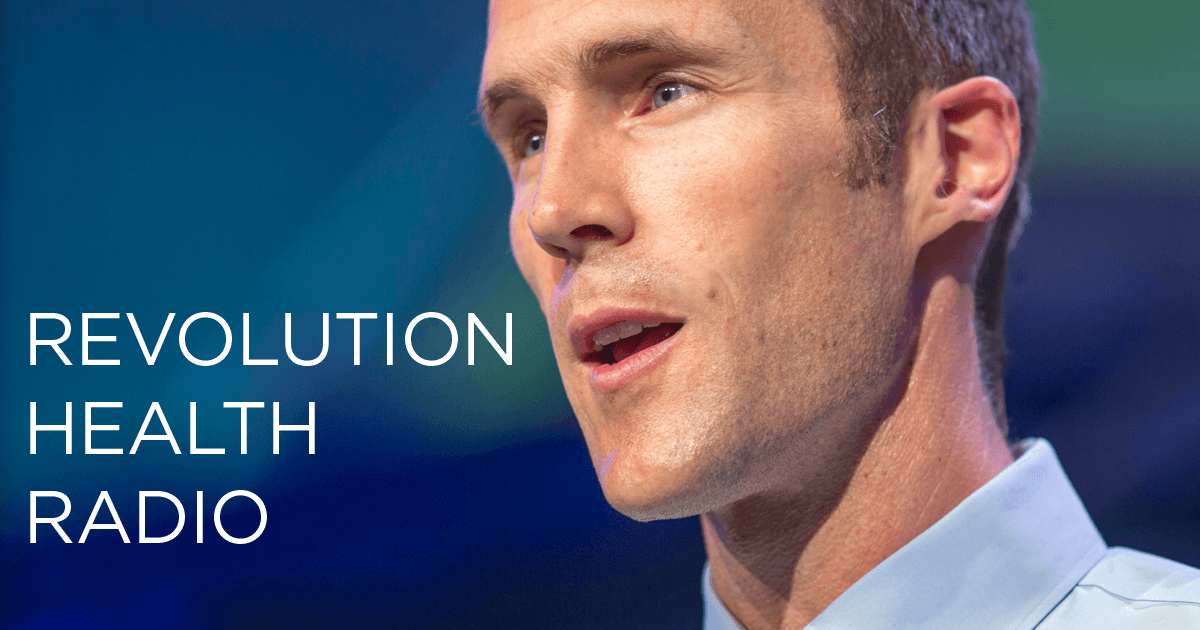
Health Coach Job Description: What Do Health Coaches Do?
Page Contents:
When I was putting together the curriculum for the ADAPT Health Coach Training Program, I spoke with a number of master health coaches. I asked each of them this question:
“What do health coaches do?”
My favorite response came from Dr. Robert Biswas-Diener, one of our faculty members and an expert on positive psychology coaching. He said, “Coaching is about exploration, support, and accountability.”
This sums up so much of the job description for a health coach. Coaches ask powerful questions to explore their clients’ values and strengths; they support their clients as an ally, without judgment or criticism; and they offer accountability by helping their clients develop actionable health goals and a process for tracking and measuring them.
Health coaches are agents of change. Playing that role in someone’s life is an incredibly rewarding gift—in fact, many graduates of our program say that this career has changed their lives. If you’re considering joining this profession, that’s wonderful news—health coaches are powerful forces in public health, and your future clients sorely need you (especially now). But health coaching is an emerging career path, and it’s natural that you might have questions about what you should expect from a job as a health coach. In this article, I’d like to go over the job description for a health coach so you can get a clearer picture of what your future could look like if you join this profession.
What Is the Job Description of a Health Coach?
For an official job description, I turned to the National Board for Health & Wellness Coaching (NBHWC), which establishes standards and credentials for the profession: (1)
“Health and wellness coaches partner with clients seeking self-directed, lasting changes, aligned with their values, which promote health and wellness and, thereby, enhance well-being.”
In practice, that means that health coaches facilitate the process of change. They do this by:
- Meeting with their clients (in person, virtually, or over the phone) to discuss goals, progress, and challenges
- Helping clients understand their “why,” or their motivation for change
- Empowering clients to see themselves as the experts on their own health and circumstances
- Providing support and accountability for goal-setting
- Using their broad knowledge of health and wellness to help their clients navigate through their health concerns
As you might guess, health coaches need to master a set of skills to be able to do this work effectively. I won’t touch on every skill needed to be a health coach in this article (or we’d be here until tomorrow), but certainly you’ll need:
- A passion for health and wellness
- Top-notch communication and listening skills
- Mindfulness skills and a coaching presence
- The ability to build strong, trusting relationships with your clients
- Empathy and emotional intelligence
- A deep understanding of positive psychology, behavior change, and motivation
These skills take time, guidance, and practice to develop—which is why it’s so important to seek professional training if you want to become a health coach.
Free Handout
To download a PDF overview of a health coach’s job description, enter your email below.
I hate spam too. Your email is safe with me. By signing up, you agree to our privacy policy.
Where Health Coaches Work
Health coaching has grown to a $6 billion service market, and job growth for health coaches and other community health workers is expected to expand by 11 percent by 2028—that’s much faster than average, according to the U.S. Bureau of Labor Statistics. (2, 3)
All of that means that job opportunities for health coaches will continue to grow—which is great news for anyone who’s thinking of entering the profession. And, since health coaching is an emerging profession, there’s a lot of leeway and flexibility for you to build the career you want. That could mean:
- Working full-time at a private Functional Medicine clinic, wellness program, primary care group, or health and wellness company
- Entering private practice, where you can coach clients in person or work from home (or both!)
- Partnering with practitioners and clinics on a contract basis
- Working with public entities or private corporations to improve employee health
- Creating your own hybrid career path based on your individual strengths and preferences
Of course, your daily schedule will look different depending on where you work. A health coach who works full-time at a primary care group or Functional Medicine clinic will have a very different schedule from a coach who’s running their own virtual practice. But no matter where a health coach works, their primary focus is always on supporting each of their clients in their health journey.
For more on where health coaches work, see:
Your Responsibilities as a Health Coach
Again, according to the NBHWC:
“In the course of their work, health and wellness coaches display unconditional positive regard for their clients, and a belief in their capacity for change, and honor that each client is an expert on his or her life while ensuring that all interactions are respectful and non-judgmental.”
According to the NBHWC Scope of Practice, health coaches have a responsibility to: (4)
- Act as facilitators of change for their clients
- Empower their clients to set their own health and wellness goals (or support them as they strive to stick to a treatment plan from a healthcare practitioner) and offer support as they make progress
- Support clients as they learn to recognize their own values, internal strengths, and insights, and mobilize those assets to help them reach their goals
- Offer support as clients develop self-management strategies to help them make sustainable changes
They do all of this with the unconditional positive regard mentioned in the quote above. Coaches have a responsibility to always meet their clients where they are and to never let go of the belief that each client has the capacity for change.
For more on what coaches do (and what they don’t do), see:
What Kind of Education and Experience Do You Need to Work as a Health Coach?
Right now, health coaching is a bit like the Wild West: it’s an emerging profession, so anyone can call themselves a health coach, and any school can say it’s a training program. This is a problem. To fight back against the chronic disease epidemic, we need health coaches who have mastered the knowledge and skills necessary to act as effective change agents for their clients—and the only way to get that is through in-depth training that adheres to professional health coaching standards.
The NBHWC has led the charge in this area. Together with the National Board of Medical Examiners—the organization that defines education and licensing requirements for medical doctors—the NBHWC has established standards and created a nationally recognized credential for health coaches. That credential (the National Board Certified Health & Wellness Coach, or NBC-HWC, credential) shows that a health coach has passed a rigorous set of criteria, including graduating from an approved program and passing a certifying exam.
That’s why, if you’re serious about becoming a health coach and earning the NBC-HWC credential, your first step is enrolling in an NBHWC-approved training program (like the ADAPT Health Coach Training Program).
What’s your next step? Practice. The skills that make a great health coach—communication, empathy, and mindfulness, just to name a few—aren’t skills you can learn by reading a book or watching a video. You have to practice with other people to master them (which is why we include plenty of opportunities for hands-on practice in the ADAPT Health Coach Training Program). The good news is that mastering these skills won’t just make you a better health coach; they can improve all the relationships in your life in a very meaningful way. That’s definitely a worthwhile investment.
For more information on the education and training you need to become a health coach, check out:
The ADAPT Health Coach Training Program is an in-depth, yearlong course that dives deep into the evidence-backed science of health coaching. We’re proud to be an approved training program by the NBHWC, the UK Health Coaches Association, and the Health Coach Alliance (Canada). Our course content is delivered by expert faculty members who teach you everything you need to know to become an effective change agent and to earn the ADAPT Certified Functional Health Coach (A-CFHC) credential. Click here to learn more about the ADAPT Health Coach Training Program.
How Much Can You Earn as a Health Coach?
As I mentioned, health coaching is a very flexible, individualized career path. One coach’s job might look nothing like another’s—and that’s a great thing. There aren’t many career paths out there that let you make a living while you’re making a difference in people’s lives and that offer you enough flexibility to set your own path toward that goal.
Because there are so many different paths available to coaches, the average salary differs. One 2018 report set the salary range for a health coach as $50,000 to $100,000 per year, but there’s room for a lot of variation. (5) It really depends on each coach’s job description, the way they structure their practice, their location, and many other factors. Experience and education also play a role in salary: coaches with experience in the field can ask for a higher salary, as can certified health coaches with NBC-HWC credentials and/or credentials from a professional training program.
For in-depth information on the average health coach salary, check out my article: “Health Coach Salary: What You Need to Know.”
What’s It Really like to Work as a Health Coach?
To fully understand what health coaches do, I think you need to hear it straight from the people who do this work every day. That’s why I turned to health coaches on the Kresser Institute staff and asked them: What do health coaches do?

Jody Hereford, ADAPT Health Coach Training Program Director
“Coaching is about connection, compassion, curiosity, and questions. It’s much more about asking than telling; it’s more about listening than talking. If you think back to the people who have been most influential in your life, growth, and development, and the qualities they personified, I’m guessing that they may have been people who saw things in you that you didn’t see in yourself, coaxed and coached that forth, and believed in you even when sometimes you didn’t believe in yourself. This is the role of the coach, to uncover and unlock a person’s potential to be their best self and live their best health.”

Will Welch, A-CFHC, NBC-HWC, and Kresser Institute Enrollment Manager
“What do health coaches do? Health coaches are great partners for people who imagine a healthier way of living and want support to get there. They help clients find the goals that inspire them and help them think concretely about how to reach those goals. Health coaches also help clients discover their strengths, develop consistency, experiment with new actions or ways of thinking, and build healthy habits that survive long after the coaching partnership ends. Health coaches possess unique knowledge about health and wellness, but they are more interested in the transformation of their clients than educating them. Most importantly, health coaches believe that their clients can have the healthy lives they envision and work with them to make that happen.”

Jan Cummins, A-CFHC, and Kresser Institute Enrollment Advisor
“Health coaches guide and empower clients to dream big about their ideal state of well-being. They support clients in rising to their potential, one healthy habit at a time, discovering what’s possible. In partnership, the client and coach develop the client’s long- and short-term goals based on the dream or vision. Coaches also facilitate the client’s discovery of their motivation, their reasons for making changes, how they can overcome obstacles, and what small steps they can take that will lead to the big leaps. Finally, health coaches listen deeply, with compassion, caring, and respect, with the ultimate goal of supporting clients in moving toward the best version of themselves.”

Kelli Saginak, A-CFHC, NBC-HWC, and Kresser Institute Enrollment Advisor
“Through a growth-promoting, collaborative partnership, health coaches help clients achieve their self-identified health goals and vision of wellness. Through a client-centered, autonomous process, health coaches assist clients with identifying and accessing their internal strengths and external resources, and implementing measurable yet manageable lifestyle and behavioral changes that are rewarding, sustainable, and ultimately lead them to their desired outcomes.”

MaryAnn Jones, A-CFHC, and Kresser Institute Enrollment Advisor
“What do health coaches do? We help our clients discover their motivation to change. We support and guide them toward their vision of a happy and healthy life. We uncover the obstacles and create possibilities. We inspire them to remember what they know, to tap into their strengths and create a plan that feels empowering and realistic.”

Eric Ho, A-CFHC, NBC-HWC, and Kresser Institute Enrollment Advisor
“We help people close the gap between their current health and well-being and where they really want to be. I know my work is done when my client has a smile on their face—the smile that says “I did it.” Clients think it’s magical, but in reality we’ve skillfully helped them tap into their own existing capabilities, resources, and wisdom to create a powerful shift in their own mindset: the belief that what they want is possible.”
You’re Interested in Becoming a Health Coach … What Comes Next?
If you’re ready to take the next steps in becoming a health coach, consider enrolling in the ADAPT Health Coach Training Program. Click here to learn more about our yearlong virtual training course and, if you still have questions, you can schedule a time to speak with one of our ADAPT Health Coach Training Program Enrollment Advisors. They’re all practicing health coaches and graduates of our training program. They started right where you are: curious about getting further training as a health coach and not sure where to turn next. They can provide you with more information about the impact that professional health coach training can have for your future.






